|
By Julee Klein, Marketing Consultant & President Set up Additional Owners and Managers for Your Google My Business ListingWhen it comes to digital marketing as a small business owner, you can't always do it all online alone. It's important to delegate and get the help you need to manage your website and online business directory listings like your Google My Business account. Here's the right way to add additional users and listing managers to your Google My Business Listing without sharing your sensitive Google password information or surrendering primary ownership.
2 Comments
By Julee Klein, Marketing Consultant & President Yes, You Really Need a Google My Business Listing and Here's Why:Given the current economic climate amidst the COVID-19 pandemic and extended shelter-in-place orders, there has never been more people online. As a small business owner, it's never been more important to update and manage your digital marketing assets such as your website and online directory listings. It's truly is mission critical that your business can be found online via search engines including Google, Bing, Yahoo, etc. Of these directory listings and search engines, your Google My Business (GMB) listing is the most important one to set up and maintain. Why? As Search Engine Land reports, more than 50% of Google searches end without a click to a website via a click on an organic or paid search result.
By Max Klein, Marketing Coordinator
25 Things That Impact Your Exposure (And How To Fix Them)
Staying competitive in the digital marketing requires dedication if you want your small business to thrive. Ensuring your website is well-optimized with the best search engine optimization (SEO) practices is one way to be a step ahead of your competitors. Being up-to-date on the latest changes in SEO can also help you improve the performance of your various digital marketing campaigns, ensuring that you yield the maximum return from all your investments.
If you have a website, then conduct an SEO audit to check if you are making these below SEO mistakes. These could be one of the reasons why your website is not garnering enough traffic or is still not ranking well.
By Julee Klein, Marketing Consultant & President 15 Things to Consider Before Starting a Small Business BlogWhen Google released their Panda update in 2011, they took the internet by storm. What stood in the aftermath was the foundation of blogging in 2020: a world of long-form content, detailed guides, and lengthy articles that delivers unique value to readers hundreds of millions of times every day. That’s not an exaggeration. When WordPress sites alone see over 21 billion articles read on a monthly basis, it’s no wonder that a machine as complex as Google is necessary to make anything visible at all.
By Julee Klein, Marketing Consultant & President
What does web accessibility mean and does it apply to small businesses?
In 1990, the Americans with Disabilities Act (ADA) became law, and since then businesses, both large and small, have been required to make their physical business environment accessible to the differently abled.
The ADA is a broad civil rights law that seeks to shut down discrimination, whether intentional or not, of those that need physical or cognitive accommodations to have equal access to state and local governments, nonprofit organizations, labor unions, and businesses.
ADA requirements apply to any agency, organization, or business with 15 or more employees. According to the law, these entities must make “reasonable accommodations” for employees that are disabled. But there is more you need to know to avoid running afoul of the law and ADA compliance when it comes to your small business website.
By Julee Klein, Marketing Consultant & President
55 SEO Statistics About Small-Business Websites
We see it alot. The small business with a neglected web presence where updates to content on the site are made from time-to-time to include new products or services, or add or remove a team member, but a real content audit and review for search engine optimization (SEO) is rarely considered. Sadly, SEO is probably the single most important marketing tactic small businesses can adopt. If you're a small business serving your local community, wouldn't you want to show up as a top result when potential new customers are looking for your products or services online?
If you're not yet convinced that SEO is worth the investment of time and budget, consider this slew of stats collected by the folks at Milkwhale:
By Julee Klein, Marketing Consultant & President
12 Key Elements Your Website Homepage Should Include
A great website homepage is built with intent and designed to serve different audiences. Think about how and why visitors may come to your website. There will be those seeking to find a solution to their problem, hoping your product or service does the trick. But there will be visitors who are still researching and gathering information as well. Your homepage will also need to help job seekers, vendors, and potential business partners find their way around, too.
A great homepage incorporates elements that will attract traffic, educate a variety of visitors, and invite conversions. These elements move visitors from "just looking" to completing their desired task and submitting a contact form and becoming a lead. Or if you're selling online, these elements will help shoppers with completing a sale and becoming a customer.
By Julee Klein, Marketing Consultant & President
If you have a small business website, you should be using Google Analytics.
Your website is not just a digital billboard for your business, nor is it simply your online calling card. It can be an amazingly nimble marketing tool for discovering key insights about your prospects, leads, customers and can be leveraged to attract, retain, and delight visitors at every stage of the buyer's journey. But how do you begin to gain important insights about your website content? We've found a great infographic guide for that.
By Julee Klein, Marketing Consultant & President
How do you get quality backlinks to your web content?
As difficult as producing great content can be, it can be even more difficult to get quality backlinks to it to boost web traffic and SEO. But it's worth the extra effort involved.
"Backlinks" are links back to your web content from other external websites. Despite the many changes announced by Google lately, backlinks are still considered one of the most important SEO ranking factors. Keep in mind, not all backlinks are quality links that help your content. Some low-quality backlinks may actually hurt your website's page rankings*. The first step to quality backlinks is producing quality content.
By Julee Klein, Marketing Consultant & President
Q: What’s the best strategy for old blog content and using it to bring new traffic to your website?A: Conduct a simple content audit.
If you manage a business blog, you know that even your best blog content can age faster than cheese and become just as stale. Maybe it’s still relevant as-is, or maybe a few key points need a review and an update based on industry or market developments. But knowing how to prioritize and get the most value out of this older content can be a challenge. So where to begin?
According to SEMbyotic, a digital marketing agency serving enterprise clients, you should conduct a simple content audit. Here's how they break it down in the following infographic: |
klein blog:
|
Services |
Company |

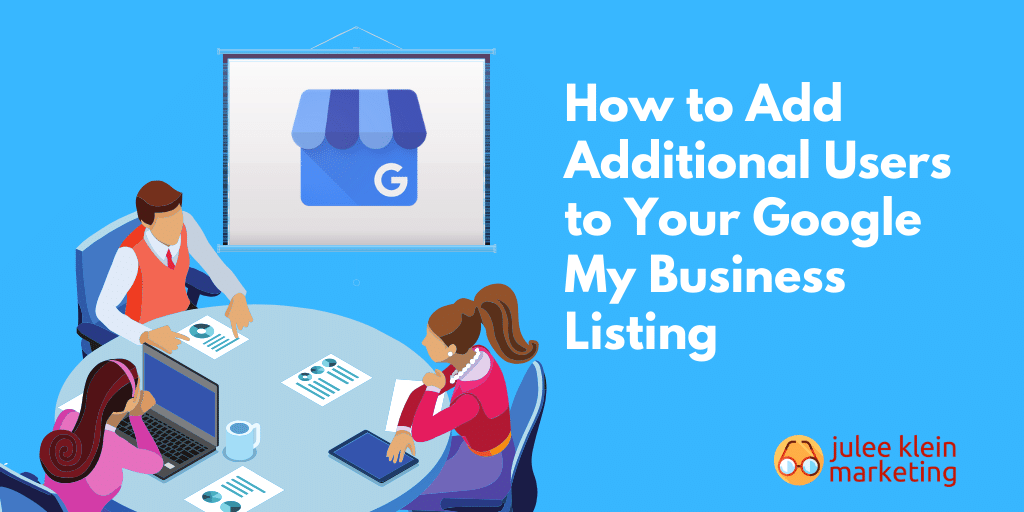
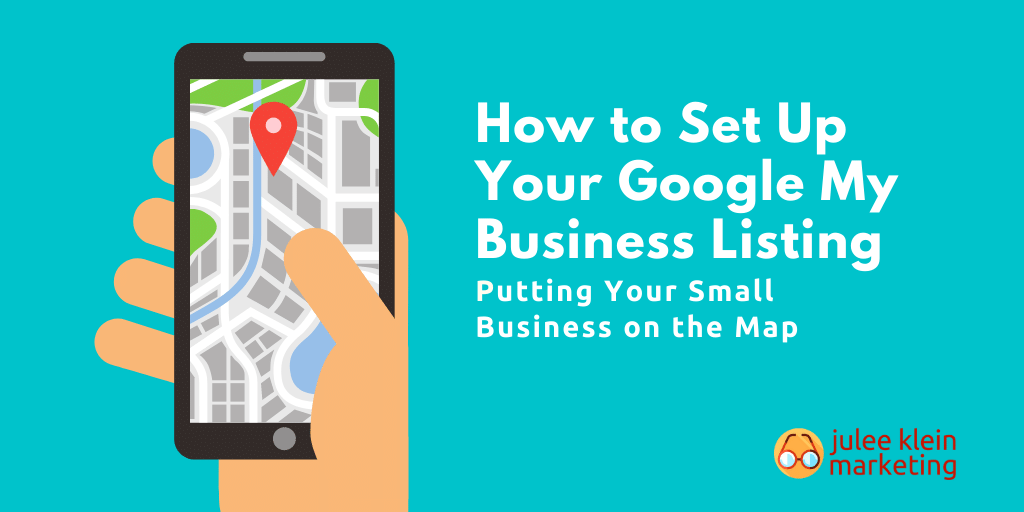
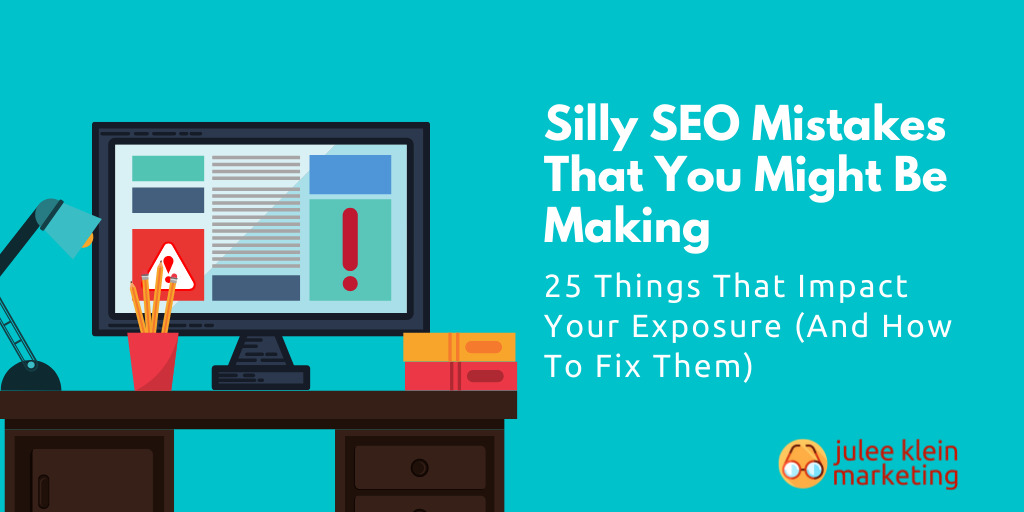
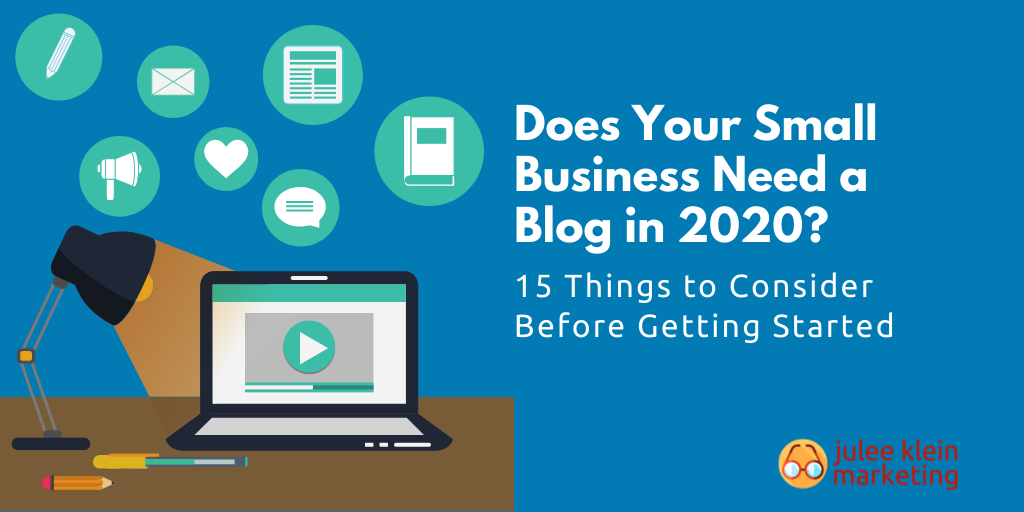
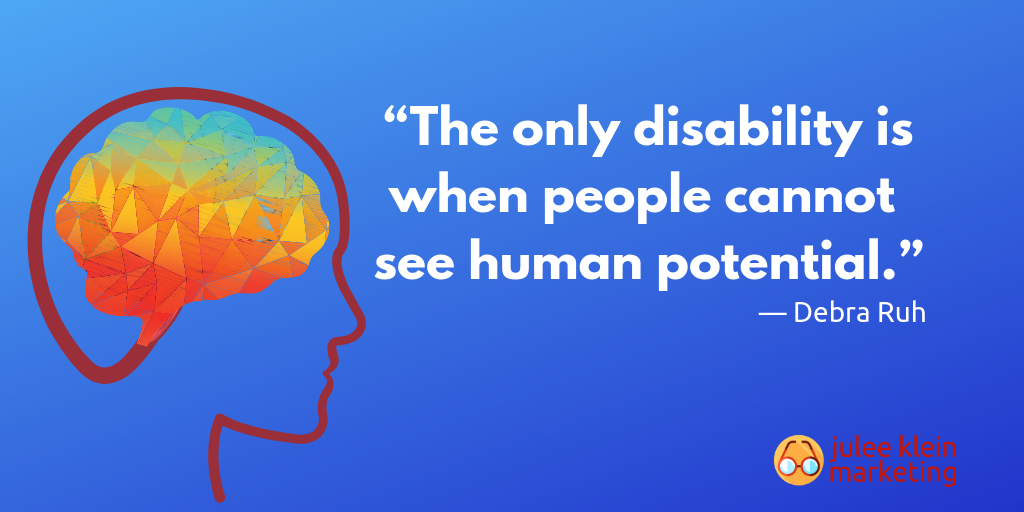
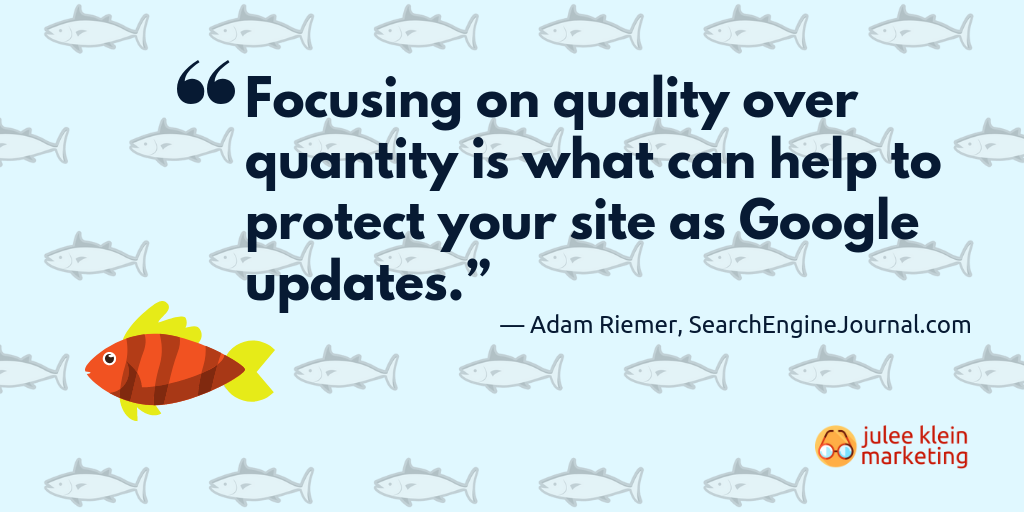
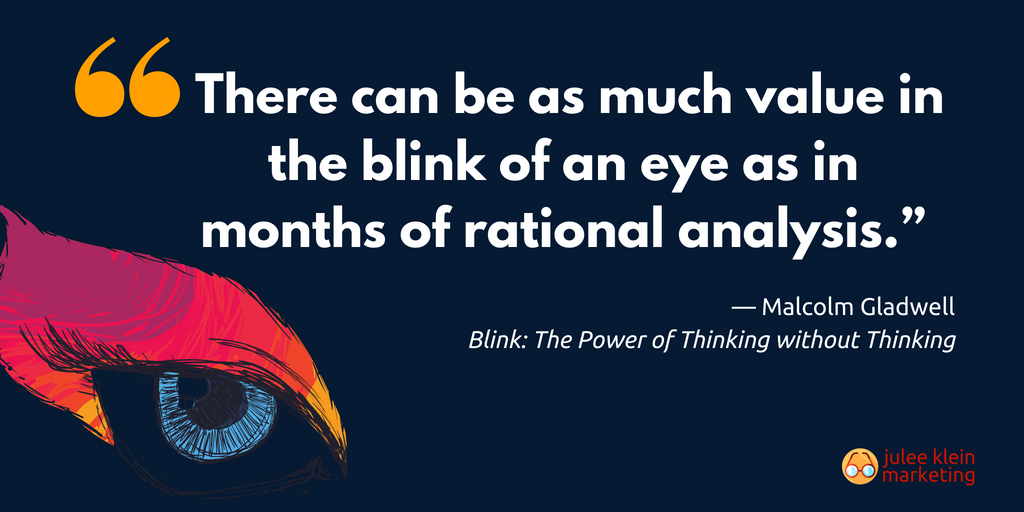
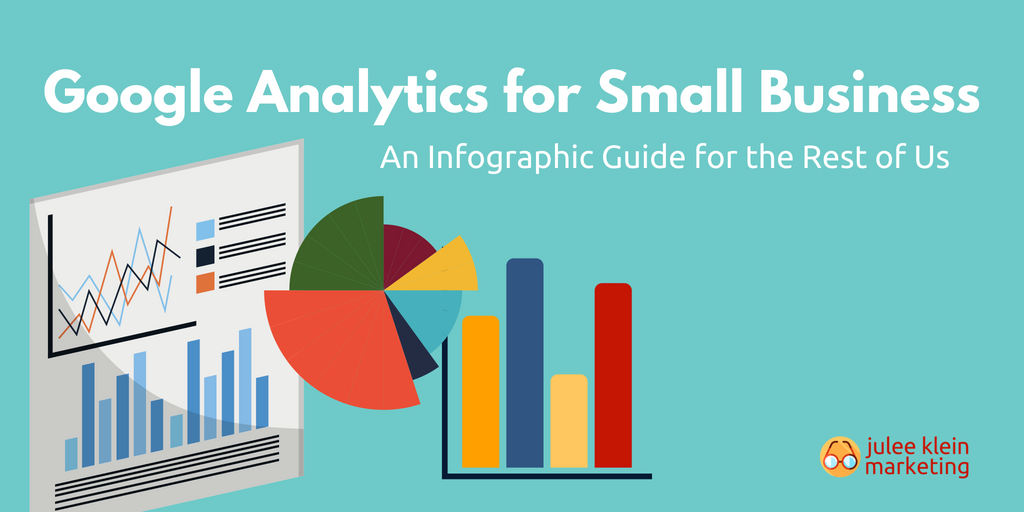
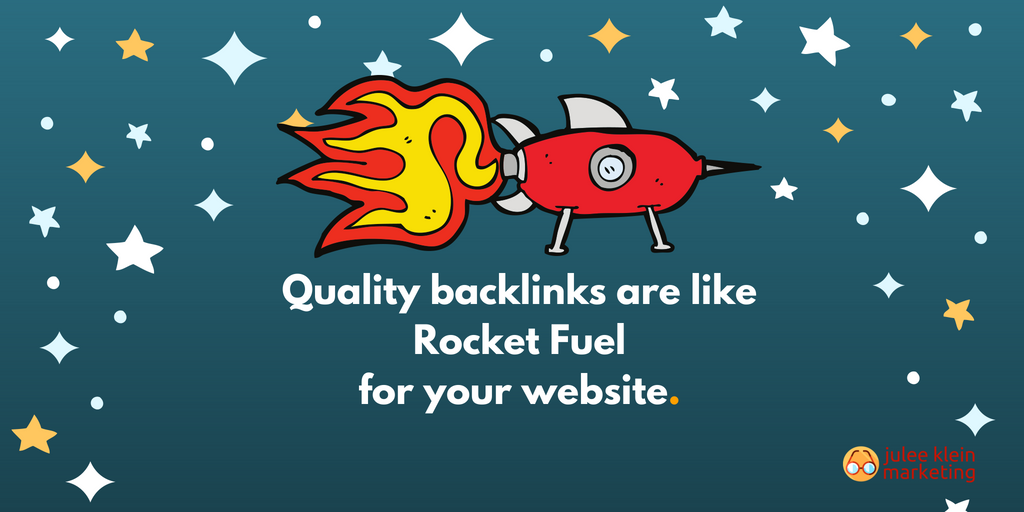
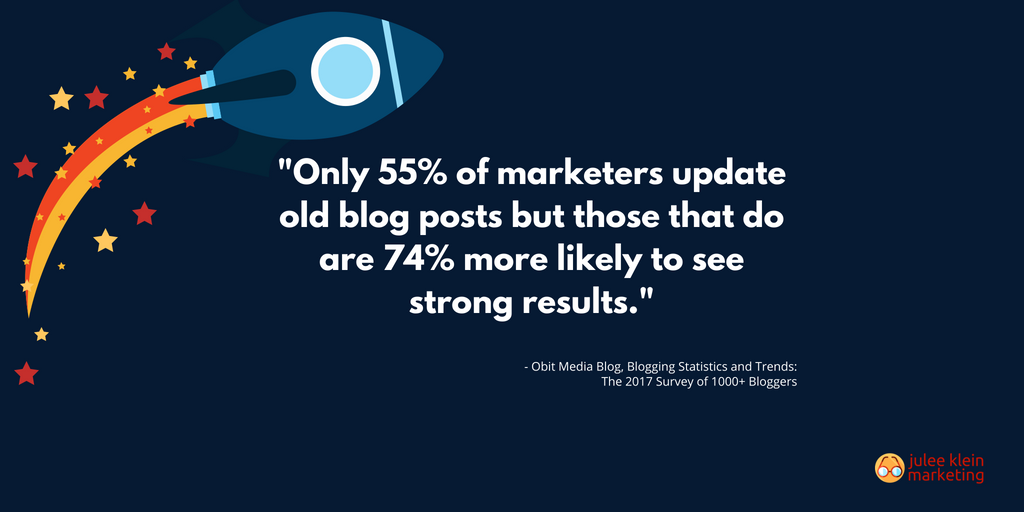

 RSS Feed
RSS Feed


